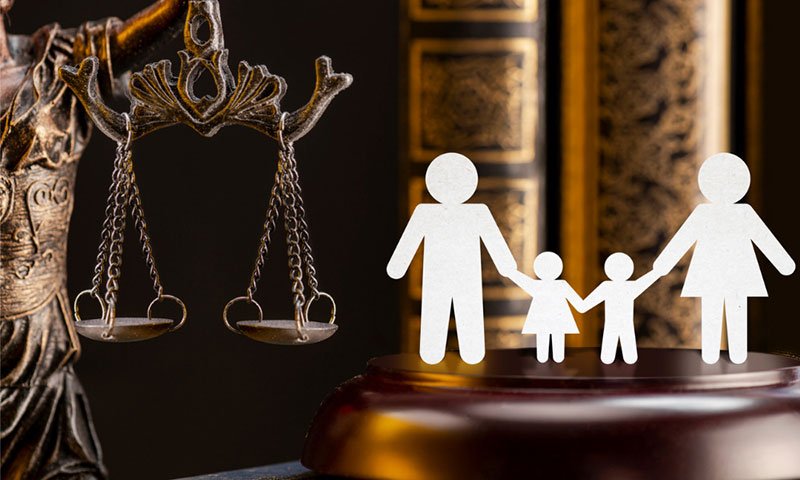Common Family Law Disputes in Canada and How to Resolve Them
Hello there! If you’re reading this blog post, you’re probably dealing with a family law dispute in Canada and are feeling overwhelmed and unsure of what to do next. Don’t be concerned; you’re not alone! Family law disputes are extremely common, and fortunately, there are several options for resolving them. In this post, I’ll go over some of the most common family law disputes in Canada and offer tips on how to resolve them.
Disputes Over Child Custody and Access
Child custody and access issues can be among the most emotionally charged and contentious in family law. The Canadian legal system prioritizes the child’s best interests, which means that the primary consideration is meeting the child’s needs. Common custody and access disputes include determining the primary caregiver, visitation schedules, and decision-making authority.
It is critical to seek the advice of a qualified family lawyer if you are involved in a child custody and access dispute. Your lawyer can assist you in understanding the laws in your province or territory and can advise you on how to resolve the dispute. Mediation, collaborative law, and litigation are some common methods for resolving child custody and access disputes.
Divorce Property Division
It is not uncommon for property division to become a source of contention when a marriage or common-law relationship fails. Property division in Canada is governed by provincial or territorial laws, which means that the rules may differ depending on where you live. Property division disputes commonly involve determining what constitutes “family property,” valuing assets and debts, and deciding how to divide property.
If you are involved in a property division dispute, it is critical that you seek legal counsel from a qualified family lawyer. Your lawyer can assist you in understanding the laws in your province or territory and can advise you on how to resolve the dispute. Negotiation, mediation, and arbitration are all common methods for resolving property division disputes.
Disputes Over Spousal Support
Spousal support is a payment made by one spouse to the other following a separation or divorce. It is also known as alimony or spousal maintenance. Spousal support is intended to ensure that both parties can maintain a reasonable standard of living after the relationship ends. The most common spousal support disputes involve determining the amount and duration of support, as well as the circumstances under which it may be terminated.
If you are involved in a spousal support dispute, you should seek legal counsel from a qualified family lawyer. Your lawyer can assist you in understanding the laws in your province or territory and can advise you on how to resolve the dispute. Negotiation, mediation, and litigation are all common methods for resolving spousal support disputes.
Domestic Violence Conflicts
Domestic violence is a serious problem with far-reaching consequences for all parties involved. Domestic violence is a criminal offense in Canada, and there are several legal options for dealing with it. Common domestic violence disputes include obtaining restraining orders or emergency protection orders, as well as determining custody and access in cases of domestic violence.
If you are a victim of domestic violence, you should seek assistance from a qualified family lawyer as well as support groups and domestic violence shelters. Your lawyer can assist you in understanding the laws in your province or territory and can advise you on how to resolve the dispute.
To summarize, family law disputes can be difficult and stressful, but there are ways to resolve them. Whether you are involved in a child custody and access dispute, a property division dispute, a spousal support dispute, or a domestic violence dispute, seeking legal advice and support from a qualified family lawyer can assist you in navigating the legal system and protecting your interests.
Remember that resolving family law disputes does not always require going to court. Alternative dispute resolution methods, such as negotiation, mediation, and collaborative law, can be less time-consuming and less expensive than going to court. However, if you must appear in court, your lawyer can represent you and advocate for your interests.
Finally, it is critical to prioritize your own and your family’s well-being throughout the dispute resolution process. Seeking support from friends and family, as well as mental health professionals or support groups, can assist you in dealing with the emotional toll of a family law dispute.
If you are involved in a family law dispute in Canada, know that you are not alone and that assistance is available. You can navigate the legal system and reach a resolution that works for you and your family by seeking the advice of a qualified family lawyer and prioritizing your well-being.




